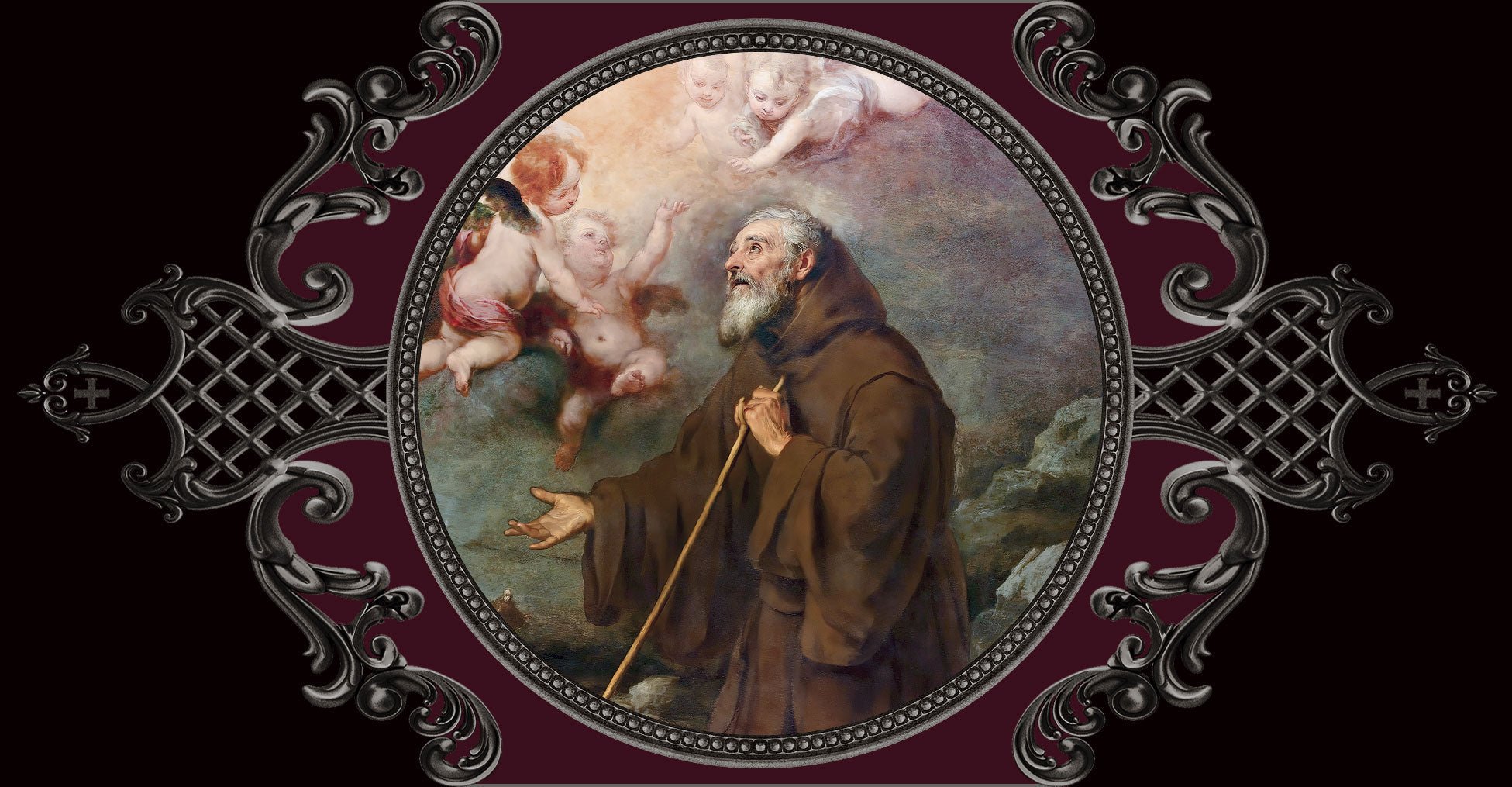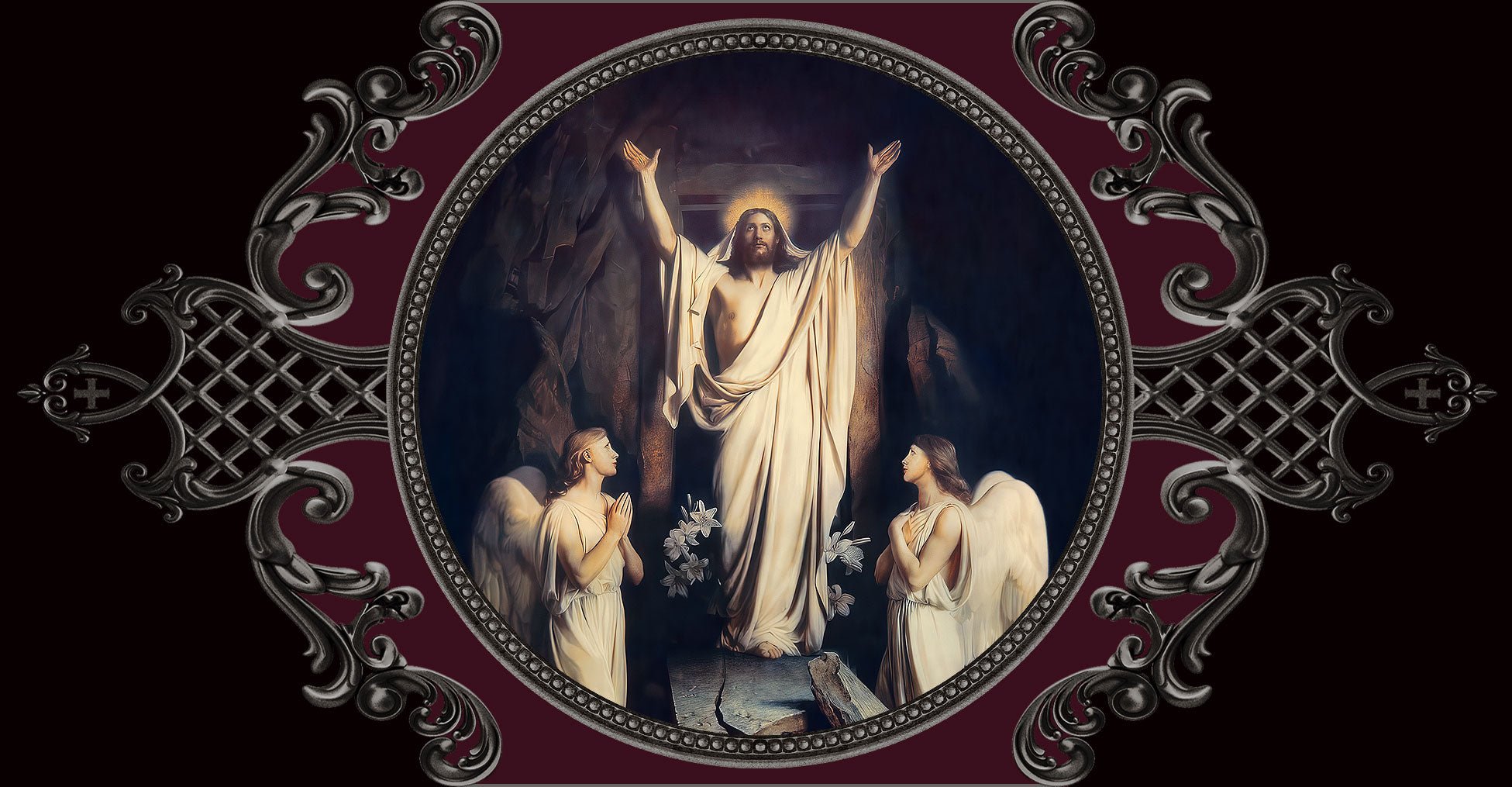
April 1 + Saint Hugh
Today’s saint could be a patron for those of us who feel so overwhelmed by all the problems in the world that we don’t know where to begin.
Born in Chateauneuf-sur-Isere, France, Hugh showed piety and theological facility from a young age. While still a layman, Hugh was made a canon of Valence. His piety was such that it was said of him that he only knew one woman by sight.
At the Council of Avignon in 1080, he was elected bishop of Grenoble, though he was not yet ordained. The See of Grenoble had fallen into a very poor state and Hugh was selected to be its Gregorian renovator. Conducted by a papal legate to Rome, Hugh was ordained by Pope Gregory VII himself. He immediately set to the task of reforming the abuses in his new diocese. Corruption seemed to loom in every direction: the buying and selling of Church offices, violations of clerical celibacy, lay control of Church property, religious indifference and/or ignorance. When he had succeeded in countering abuse and fostering devotion after two years, he tried to resign his bishopric and enter the Benedictine monastery at Cluny. However, the Pope ordered him to continue the work of reform.
Hugh was reasonably effective in the role of reformer — surely because of his devotion to the Church but also because of his strong character. In conflicts between Church and state he was an unflinching defender of the Church. He fearlessly supported the papacy. He was eloquent as a preacher. He restored his own cathedral, made civic improvements in the town, and weathered a brief exile.
Hugh was also instrumental in the foundation of the Carthusian Order. He received Saint Bruno of Cologne and six of his companions, after seeing them under a banner of seven stars in a dream. Hugh installed the seven in a snowy and rocky Alpine location called Chartreuse. They founded a monastery and devoted their lives to prayer and study, often visited by Hugh, who was reported to have adopted much of their way of life. Hugh also founded the nearby Monastere de Chalais, which grew into an independent order.
Hugh died in 1132 and was canonized by Pope Innocent II, only two years after his death. During the French Wars of Religion (between Catholics and Protestants inspired by John Calvin, called "Huguenots"), the Huguenots burned his body.
In the midst of our confusing life these days, let us pray for the ability to rise above the fray and to see things in the light of faith as did Hugh.



Leave a comment
This site is protected by hCaptcha and the hCaptcha Privacy Policy and Terms of Service apply.